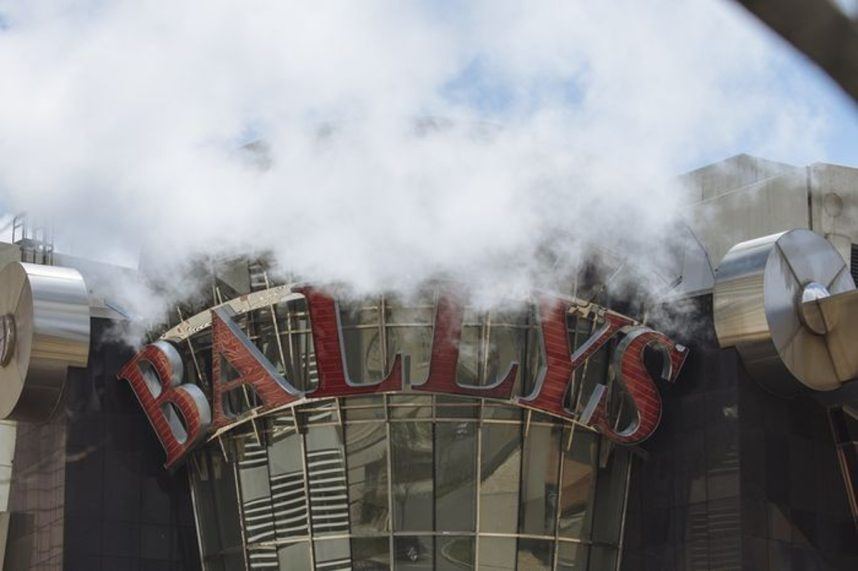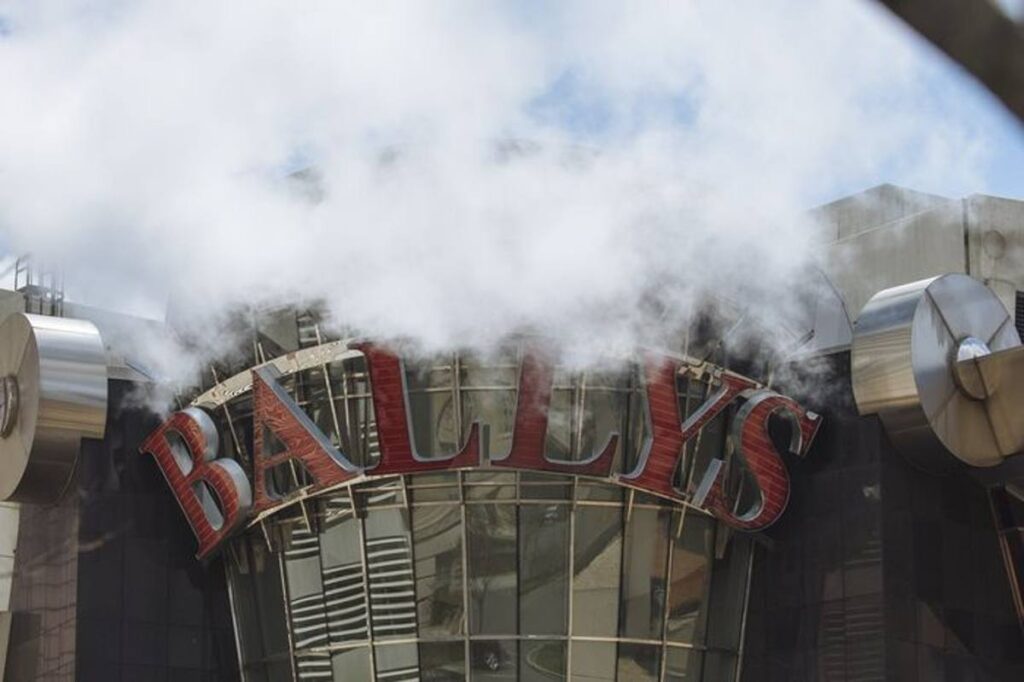Posted on: May 20, 2024, 07:35h.
Last updated on: May 20, 2024, 09:53h.
Bally’s Corporation shareholders last Thursday rejected a proposal to ban indoor smoking at all of the company’s 15 casinos.

In April, Trinity Health, a healthcare system in Michigan that owns 440 shares of Bally’s traded on the New York Stock Exchange (NYSE), proposed to the company that it study the financial implications of going smoke-free at its casinos where indoor tobacco use is permitted on the gaming floors. Trinity’s investment in Bally’s amounts to a 0.001% ownership position in the casino firm, which as of April, had 40.5 million shares outstanding.
Bally’s said a shareholder vote rejected the proposal to consider banning smoking at the company’s nine casinos where indoor tobacco use remains. The tally results will be made public in a forthcoming regulatory filing.
Bally’s leadership didn’t comment on the vote outcome, but had encouraged shareholders to vote against the proposal on claims that it’s “unwarranted and unreasonable.”
The Bally’s results come after shareholders at Boyd Gaming defeated a similar smoking ban proposal filed by Trinity Health. Boyd said investors behind 63.6 million shares voted down the casino smoking pitch against 18.5 million shares in favor.
Caesars Entertainment will conduct a casino smoking vote, also proposed by Trinity, during its June 11 annual shareholder meeting in Reno.
Not Entire Loss
Though Trinity Health’s proposal was shot down at Bally’s and Boyd, the outcome wasn’t a total defeat for proponents who want to make the companies’ casinos smoke-free.
Since more than 5% of the Boyd vote was in favor of completing the smoking review, the matter can be brought up again during the company’s 2025 shareholder meeting. If similar results are found at Bally’s and/or Caesars, Trinity would be allowed to raise the issue next year.
We’ve established an incredibly strong foundation from which to build,” said Cynthia Hallett, CEO of American Nonsmokers’ Rights Foundation (ANRF), a nonprofit that fights to educate the public on the dangers of secondhand smoke and lobbies state governments for clean indoor air workplaces. ANRF participated alongside Trinity in presenting the shareholder pitches.
“Most proposals don’t even make it to a vote, let alone reach double-digit-level support,” Hallett continued. “With this issue now reaching the boardroom, companies cannot hide from this important matter that affects the health and well-being of their employees and guests.”
Inevitable Outcome?
Casino smoking remains permitted in 17 states. Though gambling and smoking have gone hand-in-hand for decades, the ANRF believes casino smoking bans in each of those states are inevitable.
The ANRF points to the fact that smoking used to be common on commercial airlines. Smoking on flights only became illegal through federal regulations passed in February 1990.
The organization also highlights the once-widespread prevalence of indoor smoking at restaurants and bars. Today, nearly 80% of all restaurants are smoke-free in the US. Smoke-free hotels and the elimination of smoking rooms also continue to rise.
The ANRF contends that smoke-free casinos can compete with casinos that allow smoking, as smoking rates continue to decline and more of the gambling public seeks smoke-free environments.



